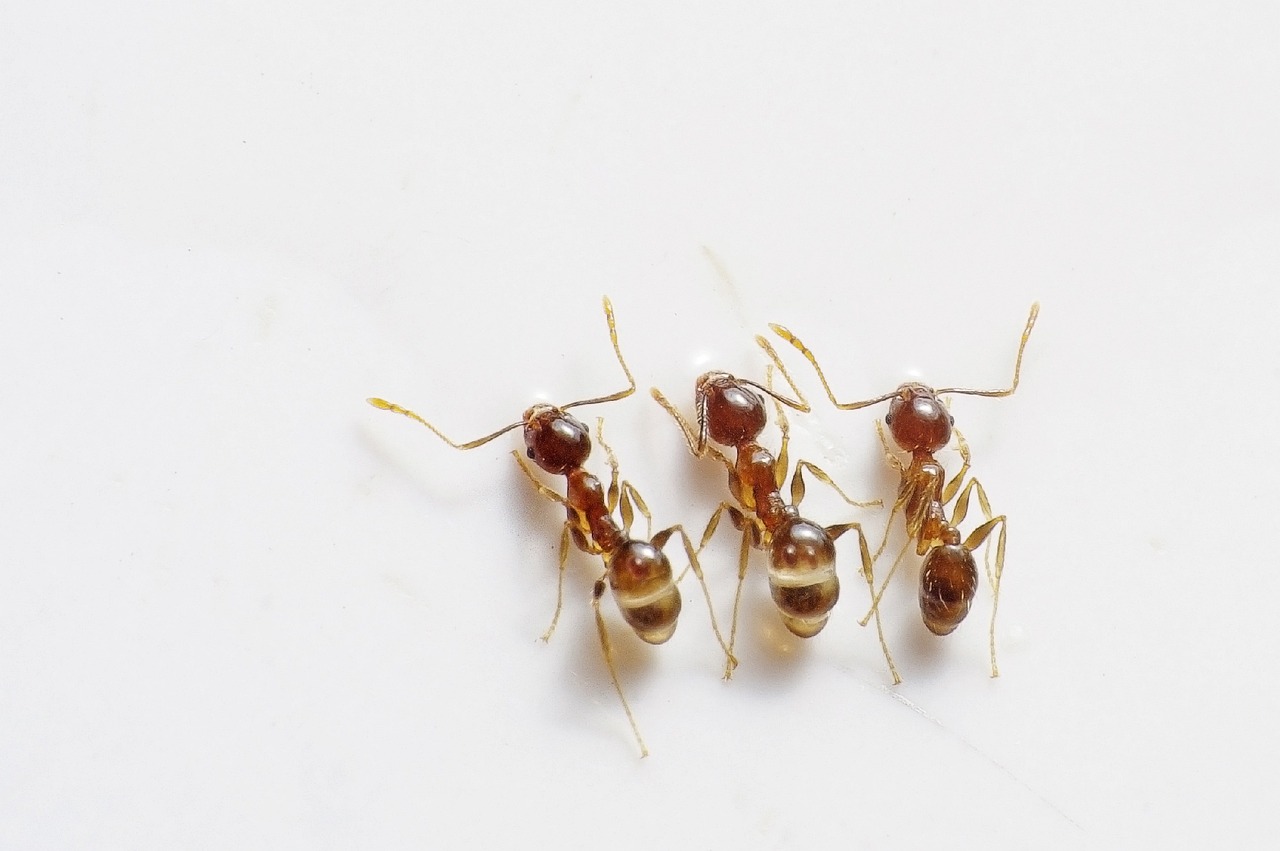If you have searched on Google “I have ants in my house and I don’t know where they come from” it’s because you really have a problem. Spring and summer are two seasons when ants usually come out of their anthills. The problem is that they can make their way into your house. And many times we don’t know where they come from.
But when those ants are in the kitchen or in areas where hygiene should prevail, they become a problem. Do you want to know what you can do? Let’s get to it.
How to locate the «home» of the ants

When you have ants in your house, it is normal for them to have a hiding place where they hide at night (or during winter). During the day, many patrol in search of crumbs, leftovers, etc. to take back to the anthill. And when they find one, they organize to take everything they can back home.
Well, one of the ways, and perhaps the only, to know how to locate the place where the ants gather is through observation. It is true that the first thing you do when you see ants is try to figure out where they come from. But when you don’t know, you go to Google with your doubt. And to the question “I have ants in my house and I don’t know where they come from,” the answer is simple:
Follow those ants. That means setting a trap for them. Leave some food and wait a few hours for the ants to gather. Generally, they tend to make a path from the food to their anthill.
What if there are multiple paths? It may indicate that there are multiple anthills or multiple entrances to the same one. If so, try to follow them. This may involve them going behind furniture. But if they don’t come out of there, or if very few come out, it will already be indicating that the anthill is around there.
You must keep in mind that in a house, anthills are completely different from those in the field. Starting because they use gaps, cracks in the walls, etc. to make their tunnels. So you have to follow the trail of these ants and mark the point or points where they enter. A chipped area on the wall, a crack between the windows… all of that, which you don’t initially notice, could be the place where they come out from.
What to do to treat an ant infestation

Once you know where the ants are coming from, the next step is getting rid of them. Most people use some kind of ant insecticide, but the truth is that all that achieves is killing a few. In reality, the ant colony can be very large, which means you won’t get rid of it with a spray.
Another option is using “ZZ powders”. They are quite effective because when you apply them, it prevents the ants from approaching, and you could apply them at the entrance of the anthill so they can’t come out. The problem is that they could find a different way out and the problem would return in the long run. Also, these powders, if you have children or pets, are quite toxic.
The third option is to use toxic traps with delayed effect. They are actually food that you leave for them to take back to their anthill, and after a while, it contaminates all the ants, effectively solving the root of the problem (as long as all of them eat from it, of course).
Finally, when the ant infestation is significant, you will have to turn to a specialist or a pest control company.
Natural remedies against ants

After searching “I have ants in my house and I don’t know where they come from” it’s not enough to locate them. You have to eliminate them. And while we have given you several ways to do it, there are some natural remedies that can help prevent them from entering your house or that you see them often.
Here are some options:
- Bay leaves: Bay leaves, placed in the areas where you have seen ants, will prevent them from coming near. The smell of bay leaves is very unpleasant for ants. So place them on furniture, cabinets, or corners of the house.
- Baking soda: Baking soda can act very similarly to the “ZZ powders” we mentioned before, with the advantage that it will not be toxic for children or pets. Use it to cover the holes where ants come out or the path they have made.
- Vinegar: Ants cannot stand its smell, so they will end up disoriented. You can also pour it into the hole, but you may just end up sealing that tunnel and they will open another one.
- Orange peels: You may not know this, but ants tend to take these peels to their home. The problem is that, after a while, the peel produces a toxic substance that can end up killing the entire anthill.
Everyone wants a pest-free home. But at some point, you may find yourself with this question “I have ants in my house and I don’t know where they come from”. If so, now you know how to remedy it.
Source: MiMub in Spanish












